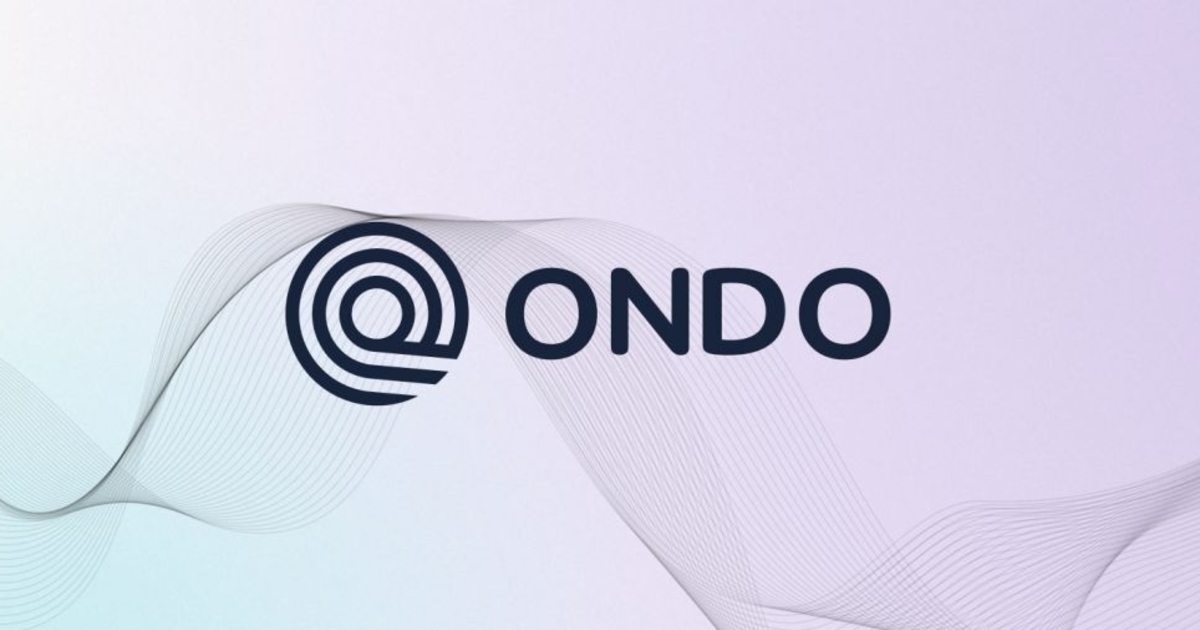In a recent study, a team of researchers from Google DeepMind has introduced AlphaGeometry, an Artificial Intelligence (AI) system that can easily solve geometry Olympiad questions almost as well as a human gold medallist. Olympiad-level mathematical theorem proofs are noteworthy accomplishments that represent sophisticated automated reasoning abilities, especially in the difficult field of pre-university mathematics.
Given their difficulty, these issues serve as a standard for thinking at the human level. However, there are challenges when it comes to the time and expense required to convert human arguments into formats that machines can verify on existing Machine Learning approaches, particularly in mathematical disciplines. Geometry presents an even greater barrier because of its unique translation issues, which leaves ML with a deficiency of training data.
AlphaGeometry is a theorem prover tailored to Euclidean plane geometry to overcome these drawbacks. It adopts a unique strategy by avoiding using human demonstrations and rather building a large dataset for training by synthesizing millions of theorems and proofs at different levels of complexity. A neural language model fully trained from scratch using the created synthetic data has been integrated into this neuro-symbolic system. A symbolic deduction engine uses the model as a guide to help it navigate through the many branching points in difficult mathematical problems.
AlphaGeometry’s language model and symbolic deduction engine work together in a purposefully planned manner. The language model is an essential component when it comes to directing the symbolic deduction engine toward logical answers for geometry issues. Olympiad geometry problems frequently feature diagrams that, to be solved more easily, call for adding additional geometric constructions like points, lines, or circles. Considering the wide range of options, AlphaGeometry’s language model attempts to forecast which new constructs would be most useful to include. These forecasts are useful hints that help the symbolic deduction engine fill in the blanks, infer more information about the diagram, and get closer to the answer.
AlphaGeometry has been evaluated on the IMO-AG-30 benchmark, which consists of 30 classical geometry questions adapted from the International Mathematical Olympiad (IMO) contests. It has performed better than baselines incorporating language models such as GPT-4 and Wu’s technique, which were earlier state-of-the-art geometry theorem provers.
On the IMO-AG-30 benchmark, AlphaGeometry demonstrated its ability to solve complicated geometry issues by obtaining a success rate of 25 out of 30 questions. Its problem-solving ability is also comparable to that of an average International Mathematical Olympiad (IMO) gold medallist.
AlphaGeometry produces human-readable proofs, which improve the interpretability of its answers. In addition to solving every geometry problem in the IMO contests from 2000 and 2015 under human expert judgment, AlphaGeometry also found a more generalized version of a translated IMO theorem from 2004. This demonstrates how adaptable and successful AlphaGeometry is at solving challenging mathematical problems, advancing the automation of reasoning at the pinnacles of mathematical competition.
In conclusion, AlphaGeometry is a ground-breaking accomplishment as it is the first computer program to prove theorems pertaining to Euclidean plane geometry more effectively than the average IMO candidate.
Check out the Paper and Github. All credit for this research goes to the researchers of this project. Also, don’t forget to follow us on Twitter. Join our 36k+ ML SubReddit, 41k+ Facebook Community, Discord Channel, and LinkedIn Group.
If you like our work, you will love our newsletter..
Don’t Forget to join our Telegram Channel
Tanya Malhotra is a final year undergrad from the University of Petroleum & Energy Studies, Dehradun, pursuing BTech in Computer Science Engineering with a specialization in Artificial Intelligence and Machine Learning.She is a Data Science enthusiast with good analytical and critical thinking, along with an ardent interest in acquiring new skills, leading groups, and managing work in an organized manner.






















